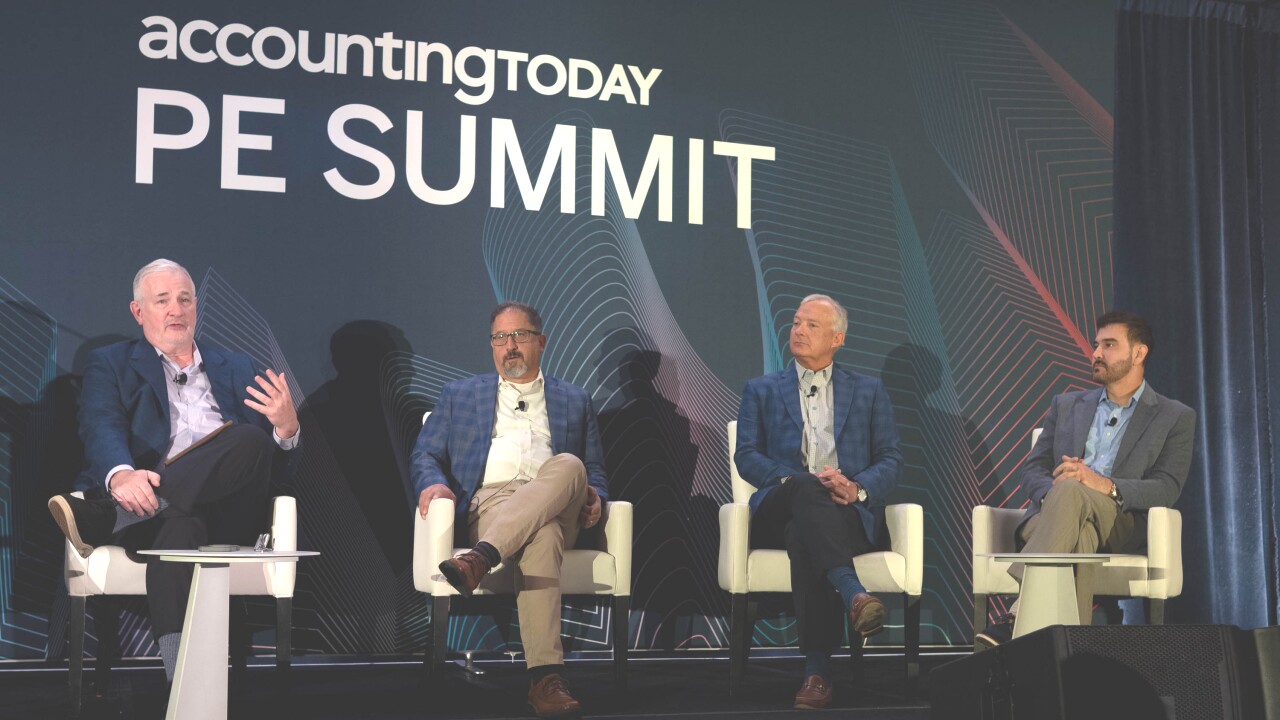IMGCAP(1)]For various reasons that don’t bear looking into (but which include an inability to refuse a “gift” and a totally undeserved reputation as someone who values hand-me-down appliances, electronics and furniture), I spent a few vacation days recently filling up a dumpster with outdated stereo equipment; frayed, stained, torn (“But still perfectly usable!”) furniture; and a selection of broken blenders, children’s toys, mismatched dishes and someone’s discarded rowboat.
Apart from the satisfaction of filling an entire dumpster, I also found myself in the unusual position of being able to use space that was previously unproductively occupied in new ways. In theory, I now have room for a treadmill, or some other form of exercise equipment. Equally theoretically, I now have space to organize my laundry — for instance, by putting “clean” clothes and “dirty” ones in separate places.
That’s all theoretical, of course. More important is the fact that I found myself with a topic for this month’s column! It begins with the realization that starting something isn’t the only way to move forward. Stopping something can be equally valuable.
Ditching a bad habit or outdated approach can free up resources, space and mental energy, either to do something new, or just to do what you’re currently doing more effectively. So while we devote most of Accounting Today to telling you about new things to start doing (moving to the cloud, for instance, or specializing your practice, or getting into social media), I thought I’d spend a little time this month suggesting some things you should stop doing.
Here are a few:
- Thinking any client is a good client. However many excuses you make for them, there are, in fact, all kinds of bad clients. And no matter how nice it may be to cash their checks, there are clients you will be better off not serving. Whether they’re abusive or unpleasant, or even if they’re nice folks who simply take you away from the kind of work you really want to do, you will benefit from firing some clients.
- Requiring that everything be done by a CPA. With both the staff crunch and concerns about the number of young accountants taking the CPA Exam continuing, it may be time for firms to start thinking about reaching beyond the pool of CPAs. Tax attorneys and Enrolled Agents, for instance, can do tax work at just as high a level, and depending on the size of your firm, it might make sense to relieve CPA partners of burdens that can be better accomplished by professional administrators, or experts in HR or technology. (This doesn’t mean that you should stop being a CPA firm — just that you can benefit from recognizing others’ areas of expertise.)
- Focusing so much on billable hours. They still have a place for some services, but in many areas, technology allows you to perform work in so little time that you’d end up billing by the second — and your clients often find more value in the few minutes you spend advising them than in the hours you bill for a service they think your computers are doing anyway. What’s more, there are much better ways to measure productivity these days (see below).
- Watching to see if people are at their desks. For generations, managers have used the sight of an employee at their desk and the length of time that they were engaged in an activity that was not obviously goofing off or sleeping as a proxy for that employee’s productivity. But the mobility revolution now means that the correct measurement of productivity and dedication is no longer whether you saw a particular employee at their desk, but how much work that employee actually did.
That’s just a few to get you started stopping. Are there things you think accountants should stop doing? I’m collecting suggestions -- comment below, or e-mail me at





